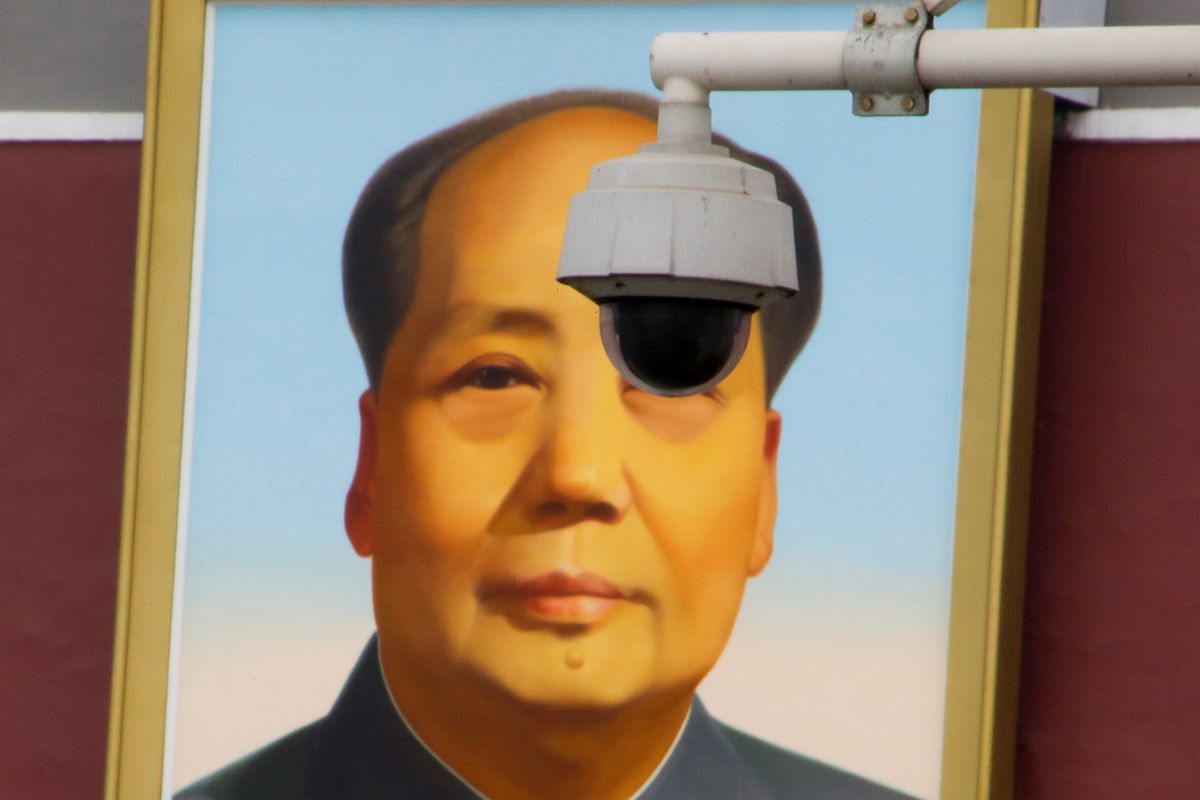Few issues generate as much concern about our technologically-driven future as China’s ambitious social credit system.
In case you haven’t heard, China wants to build a giant database to track the behavior of its 1.3 billion-plus citizens. It then plans to reward “sincere” or “trustworthy” conduct, such as paying bills on time, while punishing bad actions, like jaywalking or ignoring a court judgment – all in the name of creating a more harmonious society. Beijing’s vision has sparked all sorts of breathless headlines and comparisons to Black Mirror or the all-seeing Big Brother from George Orwell’s 1984.
Here are three things to keep in mind as you ponder what it all means.
China has a real problem it is trying to solve: how to effectively govern a sprawling country of 1.3 billion increasingly demanding citizens, where tax evasion, fraud, and other social ills are rife. Sure, Beijing is doing so in a top-down, authoritarian fashion. But as much as people might be creeped out by the fact that their government is publicly shaming jaywalkers by posting their photos on billboards, its approach could prove widely popular if it makes the country easier to govern and improves people’s lives.The system is more human than you think: China’s tech-driven totalitarianism isn’t as tech-savvy as it appears. Chinese authorities may be using sophisticated facial recognition software to corral Uighurs, an ethnic minority group concentrated in the country’s northwest, but jaywalkers whose faces show up on billboards in Xinjiang are still picked out of the crowd by flesh-and-blood people. There is real potential for this system to be used to stifle dissent on an unprecedented scale with as-yet undeveloped technologies that can then be exported to governments around the world. But there’s a huge gap between China’s ambitions to make the system work reliably at the scale of a billion-plus people and where the technology is today.
This is already happening to you, dear reader: Here in the West, it’s corporations (not the government) that control the keys to a massive surveillance machine. We’re accustomed to credit bureaus tracking our every financial move, employers conducting background checks, social networks and search engines scooping up our personal information, and ride-hailing apps asking us to rate the quality of our drivers. China’s plans for a surveillance state may be startling to Western observers, but they’re driven by the same underlying trend: using massive amounts of personal data to shape how people behave. There are big differences around who determines what happens with that data, and how that authority is regulated, of course. But China’s social credit experiment is not totally without competition.

















